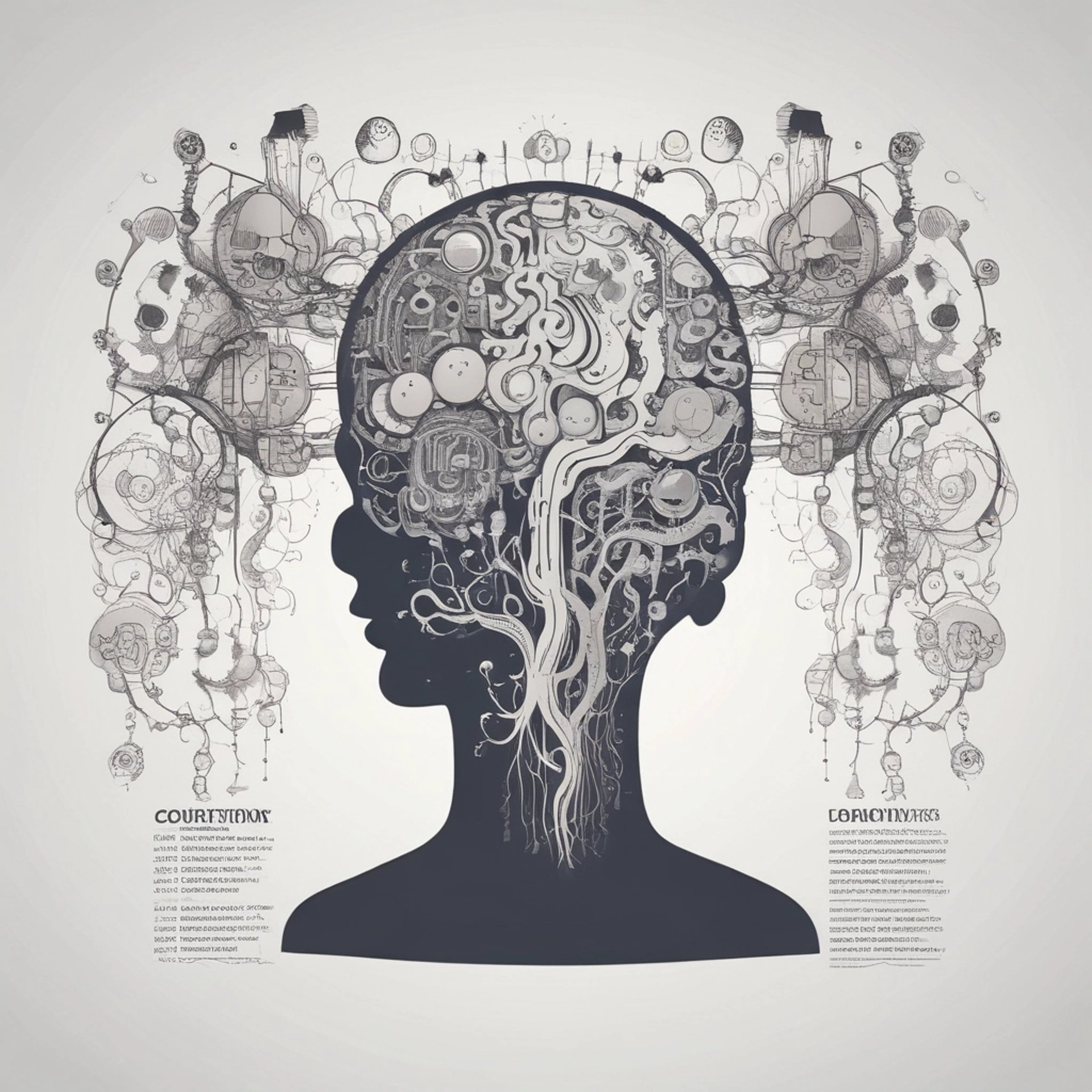
Common Cognitive Distortions
Cognitive distortions are based upon the work of Aaron Beck, the inventor of Cognitive Behavioral Therapy. One of his student's, David Burns, later expanded upon these ideas in his book, Feeling Good: The New Mood Therapy.
All-or-Nothing Thinking (aka Black and White Thinking)
This occurs when an individual sees situations in either black and white/all or nothing, ignoring the spectrum of possibilities in between. Look for words such as 'always' and 'never' as they may indicate you or another person is using this thought distortion. This type of thinking could be directed at others, such as "You never think about me" or at oneself, such as "I'm a complete loser."
Overgeneralization
This involves drawing broad conclusions from a single incident or limited information leading to inaccurate beliefs. A common type of overgeneralization is applying stereotypes to certain groups of people, such as 'Men do not know how to show their emotions' or 'I'm a man, we don't show our emotions.' While it is true that some men do not know how to adaptively express their emotions, that is also true for those who identify as other genders. And not knowing how to adaptively express one's emotions, does not mean you cannot learn.
Mental Filter
This involves focusing solely on the negative aspects of a situation while dismissing positive ones. It is getting all 100's and one 90 and only focusing on the 90. It can also occur in the opposite direction, by only focusing on the positive aspects of a situation and ignoring the negative aspects.
Catastrophizing
This is exaggerating the severity of an event and imagining the worst possible outcome, with little or no evidence to support it. it is assuming you are going to be fired when your boss wants to talk to you even though you are performing your job satisfactorily and there is no evidence to suggest you are to be terminated. Or getting one bad grade and assuming you are going to fail the class as a result.
Personalization
This involves taking responsibility for events outside one’s control, often leading to unwarranted guilt. People using this distortion may frequently feel responsible for other people’s happiness, and for their disappointments and struggles. For example, 'My partner is in a bad mood - I must have done somethings wrong.' Or in the other directions, 'If I don't wear my jersey, my favorite team will lose.' (This last example is also associated with magical thinking, not covered in this post).
Emotional Reasoning
Here, individuals assume that their negative emotions reflect the way things really are. “I feel it; therefore, it must be true.” For example, I feel anxious and that I am not qualified for a job, therefore I must not be qualified - even though you meet the job requirements.
Recognizing these distortions can help individuals challenge negative thoughts and foster healthier mindsets. In another future post, I will discuss how to challenge each of these distortions. You can also download the Challenging Cognitive Distortions Worksheet from this site to help you identify and challenge common cognitive distortions.


About the Author: Wayne J. Woznikaitis is a freelance writer and Clinical Mental Health Counselor working in private practice in Pennsylvania. He has been working in social services for nearly 30 years. He has worked with a wide variety of clients in various settings (inpatient, outpatient, in-home, private practice, academic, and residential treatment) and aims to help individuals experiencing a variety of challenges to improve the quality of their lives.


